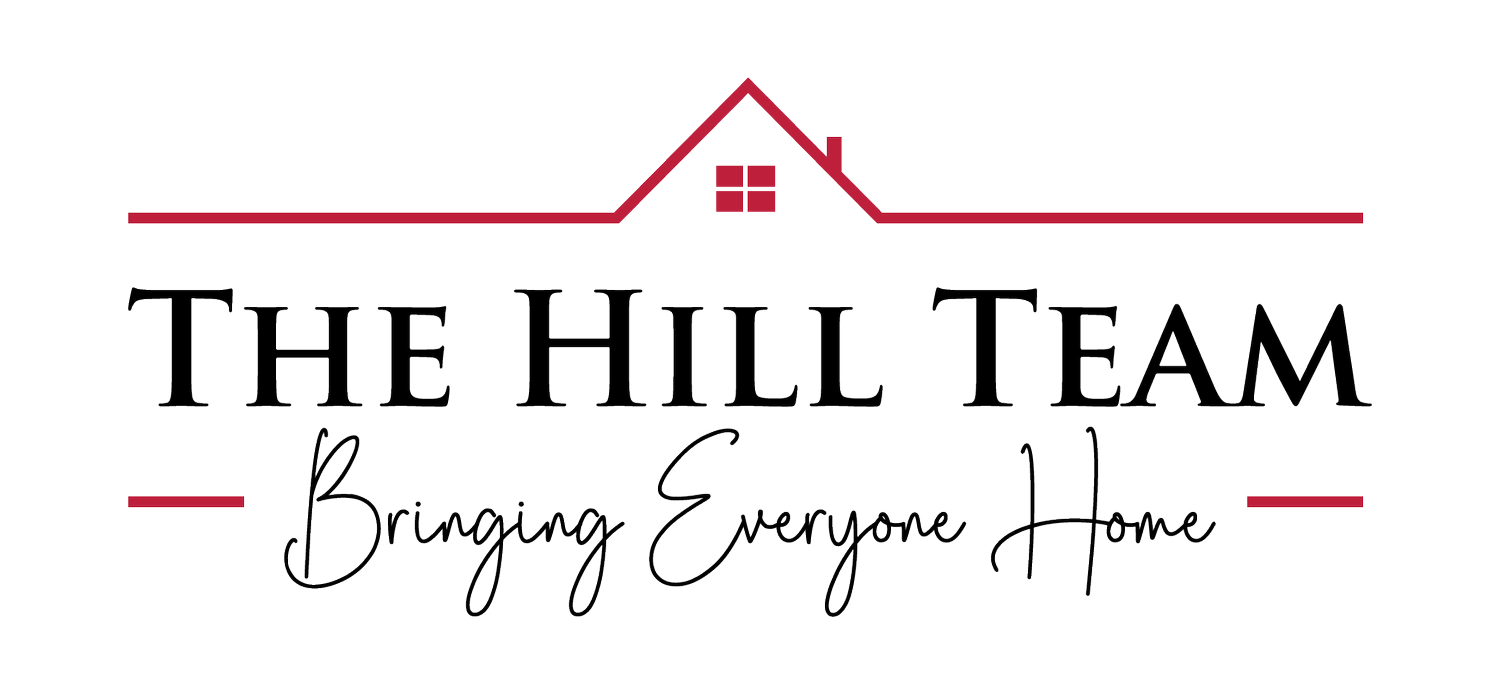Financial Benefits of Homeownership
We’re passionate about homeownership and matching our clients with their perfect homes because we know the benefits of owning a home and that they can enhance a person’s life. We’re diving into the financial benefits of owning a home, to share our perspective with you.
Financial Benefits of Homeownership
Leveraged appreciation
This allows you to realize the gains from an appreciating property, without having to put 100% cash down to own it. Whereas in the stock market, an individual would have to pay 100% of their stock to realize their gains, the housing market provides an individual the opportunity to gain 100% appreciation while only paying 5%-30% down in cash.
Let's check out an example:
Say you invest $50,000 into the stock market and realize a gain of 10% (the average annual return per NerdWallet). You've made $5,000.
If you instead invest $50,000 as 10% down on a $500,000 home and realize a gain of 9% (the WA annual average over the past 10 years per Neighborhood Scout). You've made $45,000 since your appreciation is based on the value of the whole asset, not just your initial investment!
Stability
A homeowner’s monthly mortgage payment stays consistent once the loan is locked in while rental rates are more susceptible to inflation and market conditions. It can be easier to budget for your future if you have a fixed idea of what your housing will cost you. Think of where rental rates were 5 years ago...where do you think they will be in another 5?
Increased net worth + forced savings plan
When you write a check for rent, that money is no longer yours. Each month a homeowner pays down their principal, which automatically reduces their debt and increases their net worth. In this way, your home acts as a savings plan and the numbers speak for themselves:
average net worth for a renter in Seattle in 2021: $114k
average net worth of a homeowner in Seattle in 2021: $987k
An investment that you get to reside in
Not only are you investing your money in a home, but you get to use that investment as a dwelling for yourself or your tenant. If your rent was $1,800 a month, after two years you'd have thrown away $43,200 into housing. Instead, you can put your housing payment into building equity and possibly see rental earnings to supplement your income.
Tax benefits
Did you know a homeowner can write off their mortgage interest on their taxes? Consult your CPA or tax professional to see what other benefits might be available to you with a new home. Common ones include tax credits for qualified energy-efficient improvements. Additionally, capital gains tax breaks come into play when you sell your home for a profit. If you were using the home as your primary residence for 2 of the last 5 years, you could keep some profits without any tax obligation.
Possible rental income
Become a landlord and rent out a room, or the entire home for supplemental income.
Home improvement value
Flex your design muscles and add value to your home by doing updates or remodeling your home.
A forced savings plan
Each month a homeowner pays down their principal, which automatically reduces their debt and increases their net worth.
Create generational wealth
A home is an asset you can leave to your family or an important cause as an inheritance.
Free parking
If you’re living in the city, owning a home with a parking strip, driveway or garage can provide “free parking”.

